
Magnetic field reconnection is a key process for particle heating and acceleration during solar flares. Turbulence was not accounted for until numerical simulations allowed the exploration of mutually coupled phenomena spanning a broad range of scales.

Experimental work, data analysis and numerical modelling have provided a sound quantitative assessment of climatic change on inland seas and their regions, particularly vulnerable to climatic and anthropogenic impacts.

Impact assessments (IAs) have the potential to boost sustainable development and evidence informed policy making. An EU initiative aimed to realise the full potential of the many developed tools that support IA but remain unexploited by policymakers.
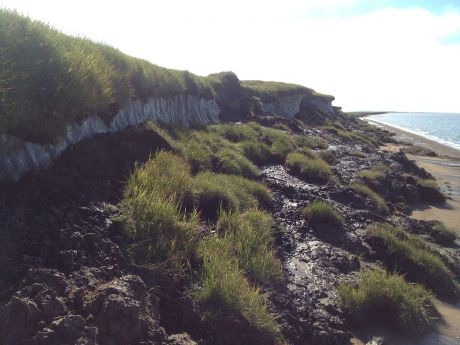
A consortium of European scientists has increased our understanding of how aerosols and other airborne particles influence global climate change.
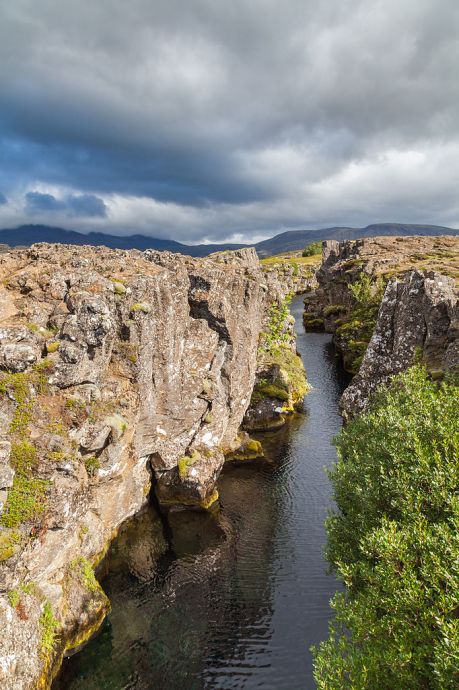
With high-performance computing (HPC), it is possible to utilise physics-based models to gain insights into ground motions recorded during earthquakes and built infrastructure responses. An EU-funded project has now provided the algorithms and software necessary for the 3D inversion of geophysical data.
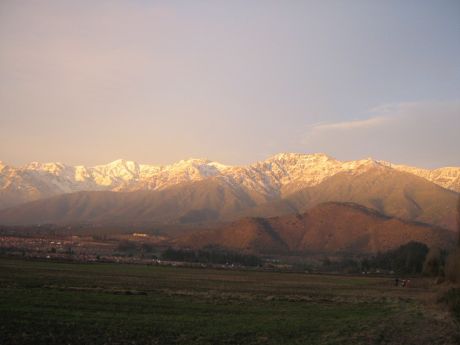
New techniques to establish the warmest and coldest periods in recent millennia are helping to update and modernise climatological data.
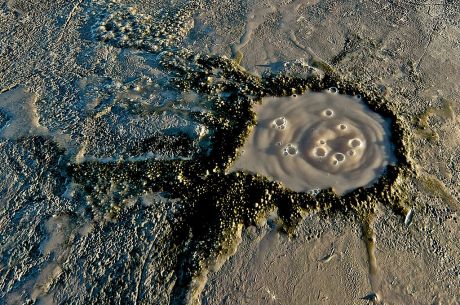
Current global observational and modelling capabilities allow scientists to produce estimates of the carbon budget, but many uncertainties remain. An EU-funded initiative was therefore established to provide more and better data on carbon dioxide (CO2) and methane (CH4) through a global carbon observation and analysis system.

Mediterranean coastal ecosystems are under pressure from urban growth and unsustainable fishing, resulting in the degradation of natural habitats and loss of biodiversity. An EU-funded project created a framework enabling European countries to transfer knowledge of coastal and marine ecosystem management to North African partners.
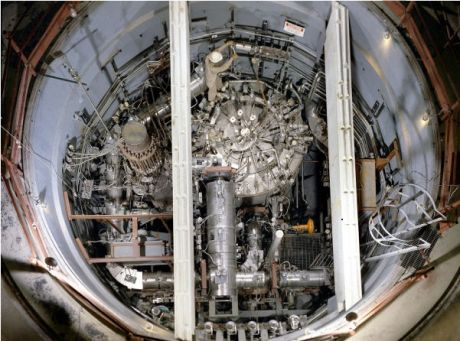
Joint efforts between China and the EU have helped to ensure that the nuclear power industry has state-of-the-art methods and data for assessing safety-critical software.
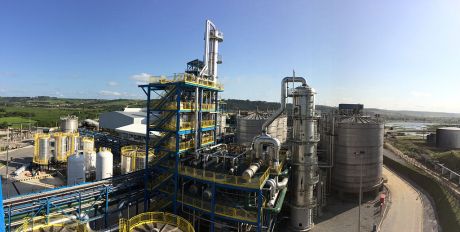
A consortium of Brazilian and EU scientists has taken steps to make second-generation biofuels economically viable, paving the way to a more sustainable future.

A significant amount of EU-funded research and development (R&D) has been devoted to helping regulations and standards organisations normalise an acceptable hydrogen quality for fuel cells.
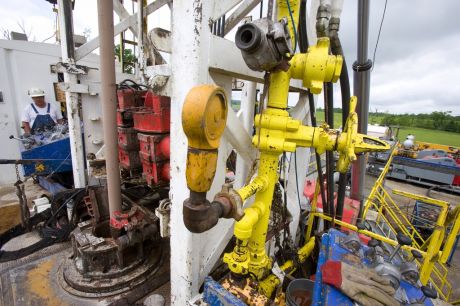
Carbon dioxide capture, transport and storage (CCS) is a key enabling technology for reducing emissions from fossil fuels used for power generation and from industrial processes. An EU initiative aimed to turn CCS into a viable and cost-effective technology.
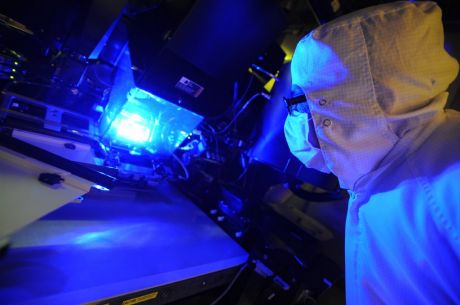
An innovative global team has developed a highly efficient, 'self-cleaning' system to convert sunlight into energy.
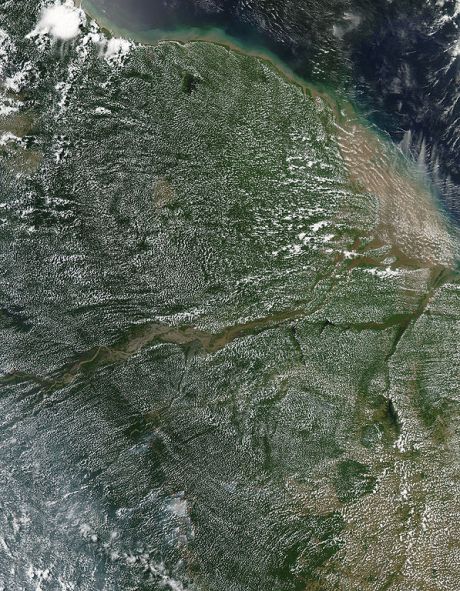
A model that predicts the effects of aerosol interaction with clouds over the Amazon could help climatologists understand how aerosols influence climate change.

A study linking changes in plant and microbial ecosystems to environmental factors has highlighted how these ecosystems may alter in response to climate change.
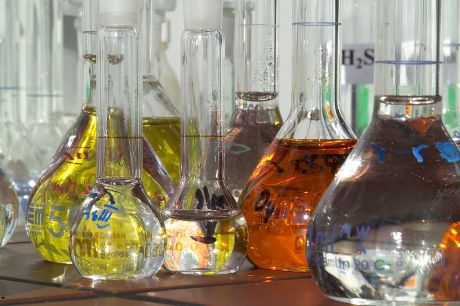
Scientists are studying how toxic chemicals are naturally degraded in polluted waters with a view to developing cost-effective methods for cleaning up contaminated sites.
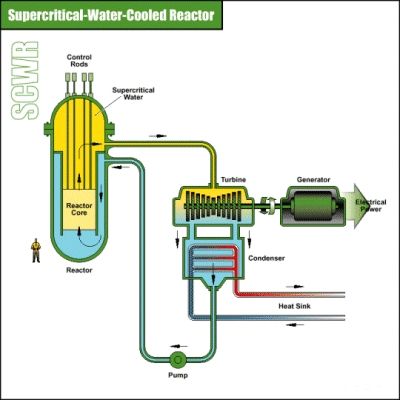
A fuel qualification test (FQT) is planned for the development of the next-generation nuclear reactors. An EU-funded consortium has unveiled the experimental test facility containing a small fuel assembly comprised of multiple fuel pins.

In the face of climate change and ever more intensive land use, EU-funded researchers gathered new data on groundwater and the ecosystems that depend upon it. Their work supports tools and methods for managing these systems in an integrated way, while considering environmental, economic and social factors.
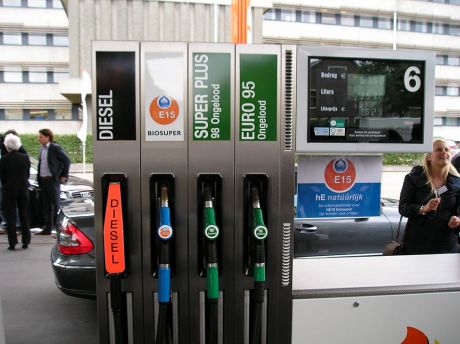
Imagine having gas stations with fuel pumps that harness solar energy to produce fuels – something akin to the process that plants use to make their own food. EU-funded scientists made major advancements in developing solar technology to turn carbon dioxide (CO2) into solar fuel, helping to reduce dependence on fossil fuels.
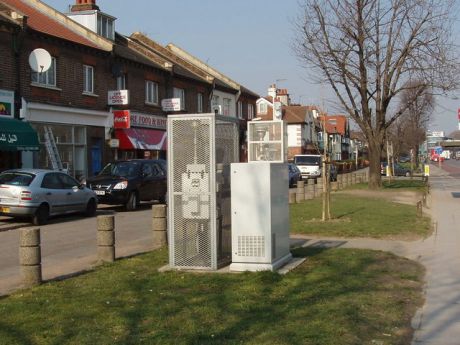
An EU team is developing an air quality monitoring hardware system for public use. After developing case studies for numerous European cities, the team designed, then built and tested sensor and communication modules, including software.

Golf courses are often criticised for using excessive amounts of water, particularly in drier regions such as southern Europe. A newly developed system addresses this issue, using a network of sensors and an intelligent control unit to manage water usage and reduce consumption by a third.

An EU study developed new methods for assessing the ecological effects of Europe's food and drink production. The team showed that most methods cannot cope with regional variation, then recommended database changes and developed a software tool.

Understanding the relationship between climate and ecosystems is crucial to preventing undesired changes to our environment, such as desertification and the loss of species. However, the multi-component and multi-scale nature of ecosystems makes them difficult to easily understand.
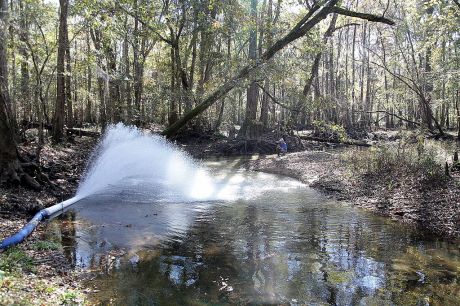
European scientists have developed solutions to improve the integrated management of urban wastewater systems and freshwater ecosystems
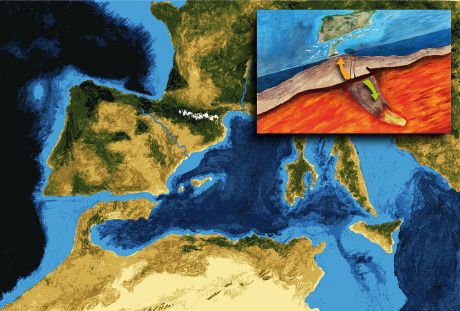
To EU-funded Earth scientists, it is evident that many parts of the Earth's crust have been extracted from the underlying mantle. However, the timing of new crust formation and recycling of old crust has proven to be an elusive issue.
























